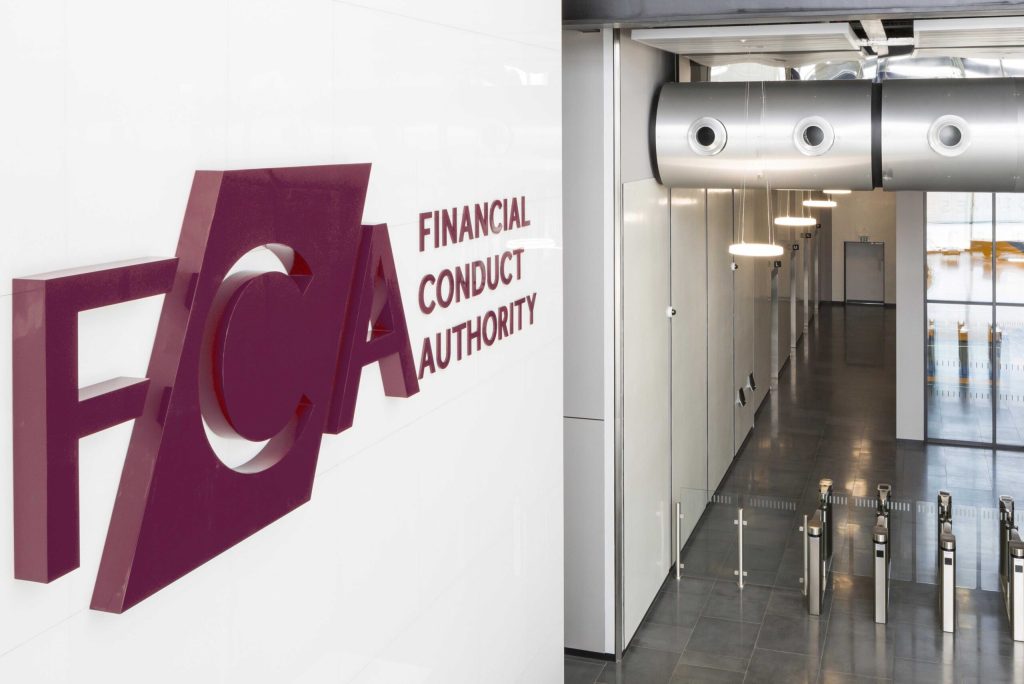FCA says UK’s sustainability-linked loan (SLL) market has matured since 2023, with more relevant and ambitious sustainability targets and stronger governance.
Banks increasingly willing to declassify poorly structured SLLs, raising overall market integrity.
Scaling the market—especially for SMEs—remains difficult due to high reporting costs, assurance requirements, and large loan size thresholds.
The UK’s Financial Conduct Authority (FCA) says the sustainability-linked loan (SLL) market has taken “important steps in the development of a credible transition finance ecosystem” since its 2023 review, with better practices, more robust product structures, and stronger alignment between sustainability targets and borrowers’ business models.
SLLs tie financing terms, such as interest rates, to achieving specific sustainability performance targets (SPTs), offering flexible funding while incentivising ESG improvements. In the UK, they are often structured as revolving credit facilities and syndicated across multiple banks.
“Since 2023, we have seen the market for SLLs mature, with better practice and more robust product structures, despite apparent headwinds faced by the market,” the FCA said. Key improvements include the shift from numerous low-impact targets to two or three material, strategically significant SPTs, and greater scrutiny from multiple sustainability coordinators in syndicated deals.
Banks are also showing more willingness to sanction underperforming loans, including declassifying them when criteria are no longer met. The FCA noted that updated Loan Market Association (LMA) Sustainability-Linked Loan Principles, published in March 2025, have raised baseline standards, alongside industry guidance such as the Financial Markets Standards Board’s governance framework for sustainability-linked products.
RELATED ARTICLE: FCA Confirms Sustainability Disclosure and Labelling Regime
However, challenges remain. The FCA highlighted persistent weaknesses in pricing ambition, with margin adjustments often too small to incentivise change. SMEs in particular face cost barriers from building internal reporting systems, securing external assurance, and meeting minimum loan sizes.
The regulator also pointed to inconsistent classification of SLLs within banks’ sustainable financing targets, warning that unclear policies could undermine trust. While some banks have created clear frameworks and transition finance strategies, approaches vary widely across the sector.
“We encourage banks to engage collaboratively with the Transition Finance Council’s and LMA’s work, to build alignment in approaches to transition finance and deepen trust in the instruments used,” the FCA said.
Looking ahead, the FCA will continue monitoring the SLL market as part of its wider transition finance strategy, with an emphasis on scaling the market with integrity and supporting the UK’s ambition to be a global hub for transition finance.
Follow ESG News on LinkedIn

